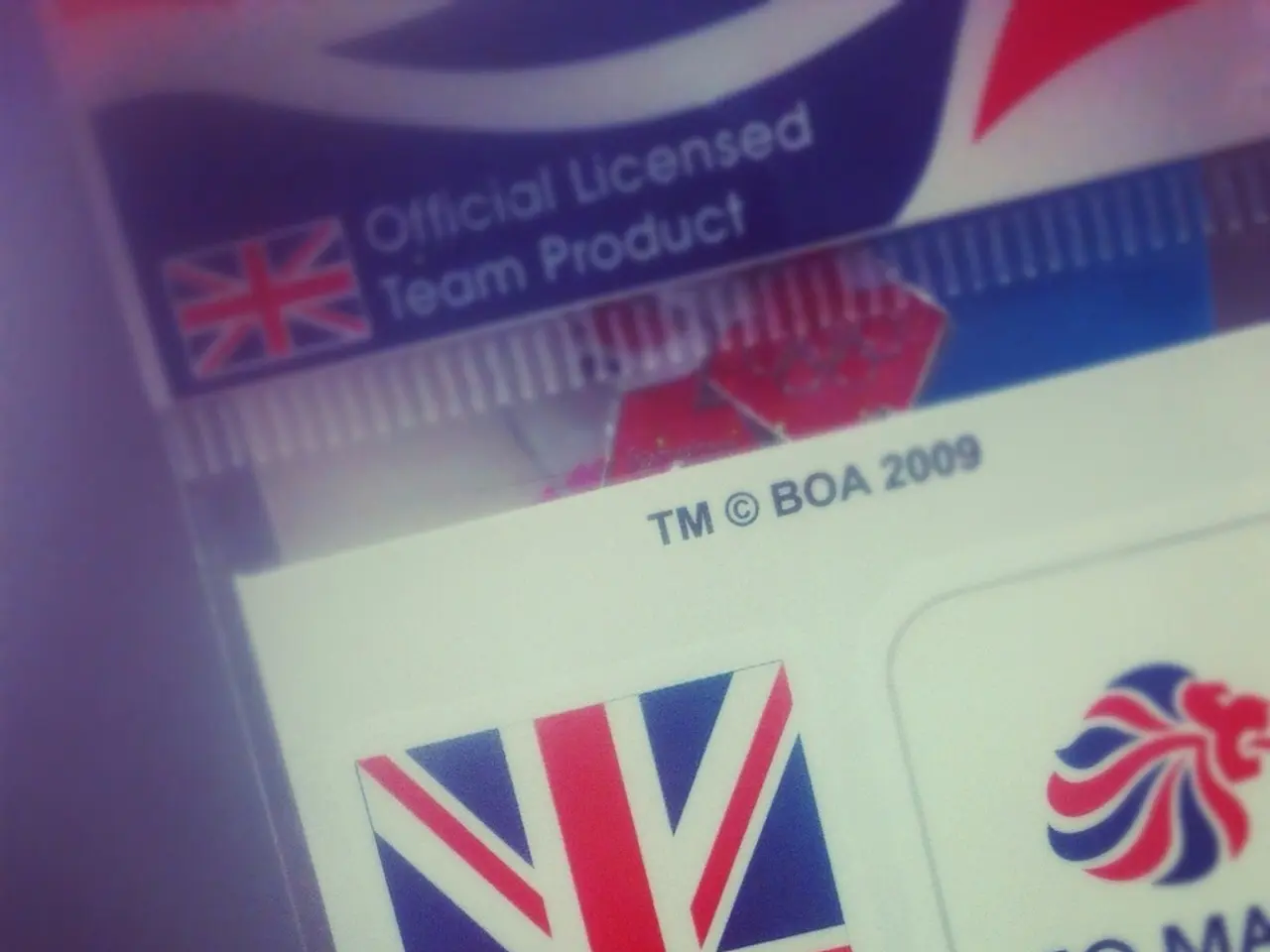The necessity for foreign residents to obtain a Tax Residency Certificate explained.
Making the leap to becoming a tax resident in a foreign jurisdiction can have significant implications for individuals and businesses. Here's a breakdown of what you need to know about obtaining a tax residency certificate and its importance.
Firstly, establishing tax residency in a relevant jurisdiction is crucial. This can be achieved by demonstrating physical or economic presence in accordance with local tax laws. For instance, in the UAE, staying more than 183 days in a 12-month period is necessary before applying for a Tax Residency Certificate (TRC).
Once you've established your tax residency, you can apply for the TRC through your country's tax authority, providing proof of residency, tax filings, and physical presence. This document serves as proof of tax residency when dealing with foreign banks, investment platforms, and tax authorities.
When moving to a new tax residence, it's essential to ensure you're no longer a tax resident in your previous country, especially for US citizens who may need to renounce their citizenship to avoid being a tax resident.
The choice of tax residence is not a decision to be taken lightly. It requires thorough review of your situation and income types to get the best tax residence option. Zero-tax jurisdictions exist where business income, capital gains, and dividends can be earned with low or zero taxes.
However, it's important to note that being a tax resident does not necessarily mean one has to pay taxes, and if so, it's usually significantly less than what one pays currently.
The UAE, for example, does not impose personal income tax, but if the royalties come from a country that applies withholding tax and has no treaty with the UAE, you may face taxation at the source, resulting in a 30% tax rate. On the other hand, Ireland has a tax treaty with the US that may reduce the withholding tax on dividends, so living in Ireland under the non-dom program could result in a 15% withholding tax.
For royalties from a book or other intellectual property, taxation depends on where you are a tax resident. Under Ireland's non-domiciled tax regime, foreign royalties are only taxable if remitted to Ireland.
Offshore tax planning requires choosing a tax-friendly jurisdiction, understanding local tax laws, and ensuring compliance with international regulations such as FATCA and CRS. There are still countries with legal tax loopholes, and some high-tax countries offer lump sum programs or non-dom programs with reduced tax rates for tax residents.
In conclusion, the tax residency certificate is a vital document for expats and international entrepreneurs, providing proof of tax residency and allowing access to tax treaty benefits, avoiding double taxation, and demonstrating compliance with global financial regulations. It's essential to approach the decision of changing one's tax resident status with significant planning and careful consideration.
Read also:
- Federal petition from CEI seeking federal intervention against state climate disclosure laws, alleging these laws negatively impact interstate commerce and surpass constitutional boundaries.
- Duty on cotton imported into India remains unchanged, as U.S. tariffs escalate to their most severe levels yet
- Steak 'n Shake CEO's supposed poor leadership criticism sparks retaliation from Cracker Barrel, accusing him of self-interest
- President von der Leyen's address at the Fourth Renewable Hydrogen Summit, delivered remotely




